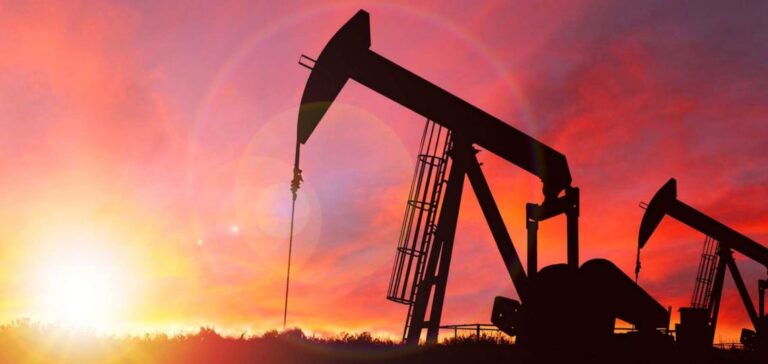Oil prices were up slightly on Thursday, benefiting from a weak dollar that is boosting international purchases of black gold, despite the continuing containment risks in China.
By 11:00 GMT (1:00 p.m. in Paris), a barrel of North Sea Brent crude for December delivery was up 0.45 percent to $96.12, and U.S. West Texas Intermediate (WTI) for the same month was up 0.46 percent to $88.31.
“The main driver of the current rise in oil “is the strong dollar weakness that we are seeing right now,” believes TickMill analyst James Harte.
As oil is traded in dollars, its depreciation pushes the purchase by increasing the purchasing power of investors using other currencies.
This support could be short-lived, however, as the greenback has suffered heavy losses this week, but was recovering on Thursday against the major currencies.
The Dollar Index, which compares the greenback to a basket of other major currencies, was up 0.43 percent at 110.113 points. However, it had fallen to 109.535 points earlier in the day, its lowest since mid-September.
On the demand front, the U.S. Energy Information Agency (EIA) reported Wednesday that U.S. exports of black gold have been ramping up, climbing 44% in a week.
This is enough to offset “rising inventories in the U.S. and concerns about the global economic outlook” by reassuring demand, according to analysts at Energi Danmark.
However, analysts point out that fears of further confinements in China are still present.
“If they materialize, (they) will weigh heavily on oil prices,” says James Harte.
The world’s largest iPhone factory in China, located in the city of Zhengzhou and employing about 300,000 people, acknowledged on Wednesday that it was affected by an outbreak of Covid cases.
China is the last major economy to enforce a strict anti-Covid policy, which involves repeated lockdowns, testing of the population several times a week, and long quarantines.






















